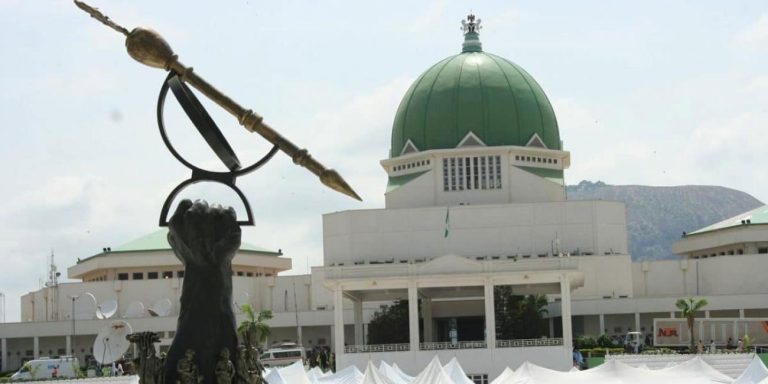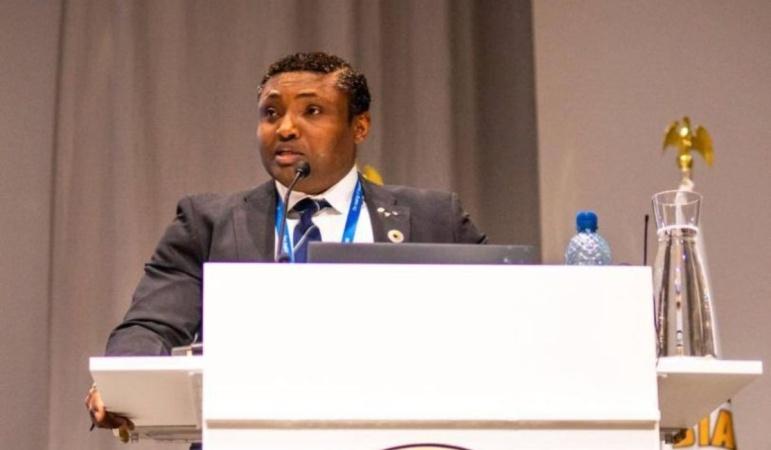The power sector has broken down completely, the government declared on Thursday after its activities were reviewed by the National Economic Council (NEC)
The government said there is no result to show for the N1.7 trillion financial support it gave to the sector in the last three years.
It added that Nigerians must now be involved in finding solutions to the ‘broken’ sector.
Kaduna State Governor Nasir El-Rufai made the government’s position known at the end of NEC’s January meeting at the State House in Abuja.
E-Rufai, who is the Chairman of a committee set up by NEC to harmonize the Power Sector Reform, told reporters that the government was desirous of ending the challenges hindering the sector.
He said the committee’s request to throw the process of finding a solution to the national power crisis open was approved.
According to him, beyond experts and other critical players in the sector, ordinary Nigerians, who have ideas and experience the power would be invited to bring in memoranda, as part of the plan to solve the intractable national power problem.
He said: “On the status of the ownership of the distribution companies, the committee met five times since its inauguration on the 5th of December, we’ve made significant progress in getting presentations from all the stakeholders in the electricity supply industry and we all agreed that the electricity supply industry is broken and the situation of the power sector is a national emergency that requires all hands to be on the deck, to interrogate why the sector is not working for the overall progress and benefit of Nigeria and Nigerians.
“We’ve received presentations from virtually all the stakeholders. We came to NEC to ask that we co-opt the Association of the Electricity Distribution Companies in Nigeria and the Association of Electricity Generating Companies in Nigeria as members of the committee and NEC approved that.
“We updated NEC on what we have found so far and promised that work on this will continue and we’ll submit our report in the shortest possible time.
“But the electricity industry is quite complex and technical and even those of us that have been asked to be members of the committee are learning a lot from the various presentations, sometimes conflicting presentations from various stakeholders in the power sector.
“However, I think there is the will on the part of all the members to really go to the root of all the problems and speak to ourselves in an honest national conversation and find a way to fix this sector because this country will never make progress, will never create jobs or industrialize without a functioning electricity industry and that’s the goal that NEC has given us beyond just establishing the status of ownership of the distribution companies.
“Everyone in Nigeria is affected by electricity and we want to hear your views; what you think is wrong with the sector, what your experiences are, dealing with the distribution companies, what you think are solutions to these problems. “Sometimes, solutions are not technical, but commonsensical. So, while we have all the technical experts on the table, we also want to hear from the Nigerian public
“We hope that when we receive these memoranda, we will curate them and analyze them. We’ll summarise them and various suggestions and solutions will be published as part of our report to NEC. After that, we can go to the government of the federation for decisions.
“The objective is how do we fix the power sector. This is the question we want to ask every Nigerian and we want suggestions. We want experiences, we want everything out there and we’ll protect the confidentiality of anyone that chooses to give us confidential information, but we need everyone on deck.”
On the power sector reforms and the required steps to take, El-Rufai said: “There are other issues. The entire sector is broken, the tariff is an issue, the way the privatization was done is an issue to many.
“So, there are many issues. What we have agreed on is that there is a fundamental problem in the electronic supply industry. And that you cannot privatize an industry and then over three years since privatization, you pump in N1.7 trillion of government fund into it, that is not privatization.
“The Federal Government has supported the electricity sector with N1.7 trillion in the last three years and this is not sustainable. So, solutions must be found.
“Today, there are 80 million Nigerians that do not have access to electricity. We cannot continue like this.
“We want to listen to Nigerians and get their own views and incorporate those views in every solution that we proposed.”
On the plan to leverage on pension funds to grow the nation’s key infrastructure, including power, the governor said the system is not peculiar to Nigeria, adding that it is about the best way to develop at a leap.
“On the question on pension funds, I think there is a bit of misunderstanding about this. First of all, it is not true that this money is people’s money. The people contribute and the government also matches their contributions, so it’s part government money, is part workers contribution.
“Every month when you contribute, there is also employer’s contribution. Secondly, you have to ask yourself the question, if this money is there what is the best use for the money.

 BIG STORY3 days ago
BIG STORY3 days ago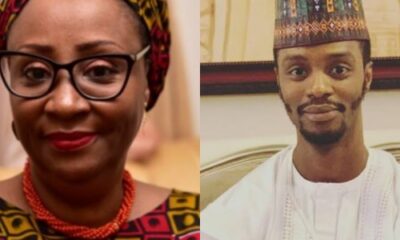
 BIG STORY3 days ago
BIG STORY3 days ago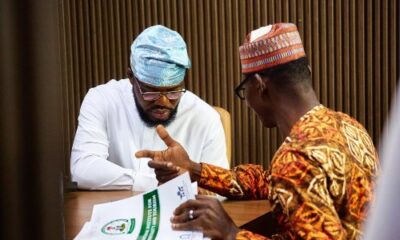
 BIG STORY3 days ago
BIG STORY3 days ago
 BIG STORY2 days ago
BIG STORY2 days ago
 BIG STORY4 days ago
BIG STORY4 days ago
 BIG STORY3 days ago
BIG STORY3 days ago
 BIG STORY5 days ago
BIG STORY5 days ago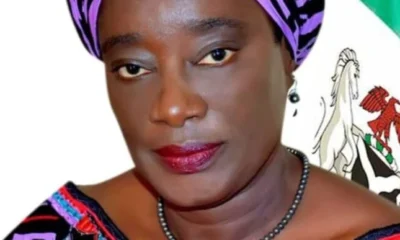
 BIG STORY5 days ago
BIG STORY5 days ago



















